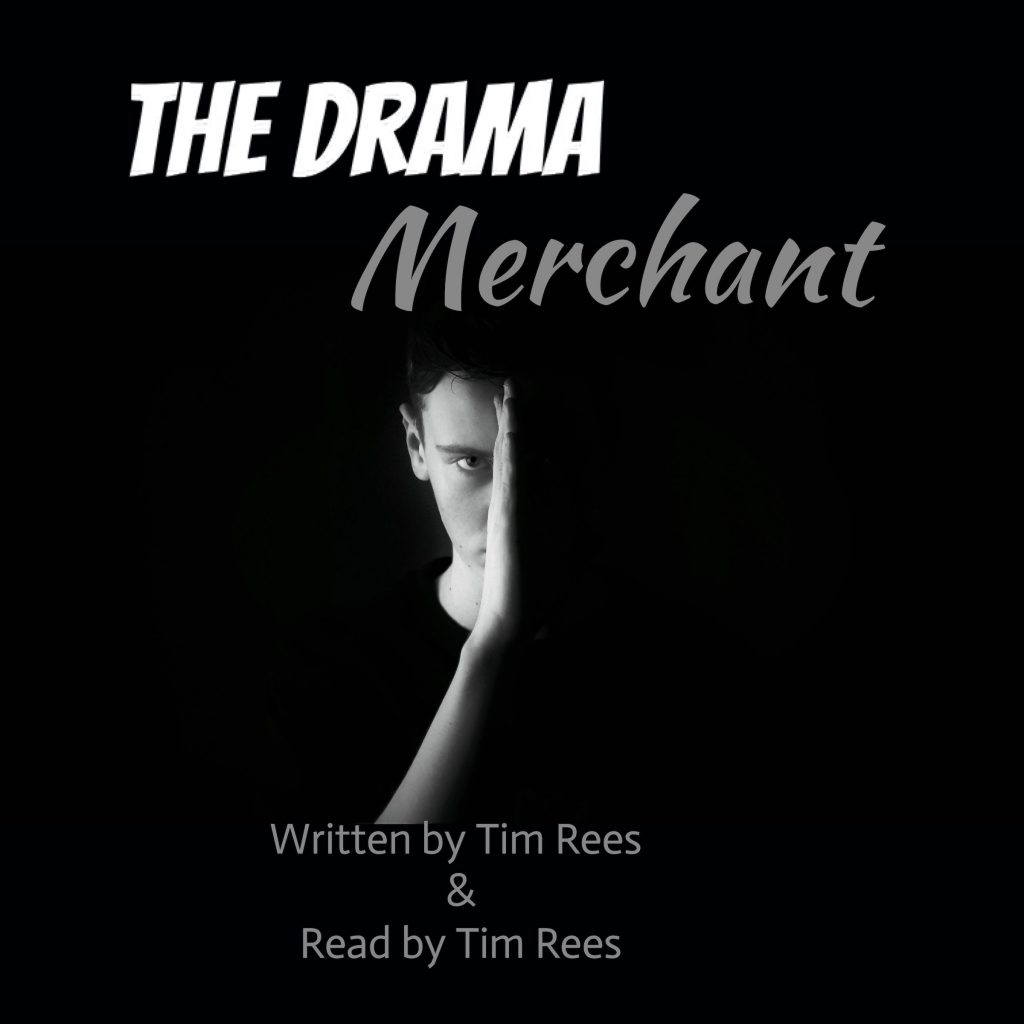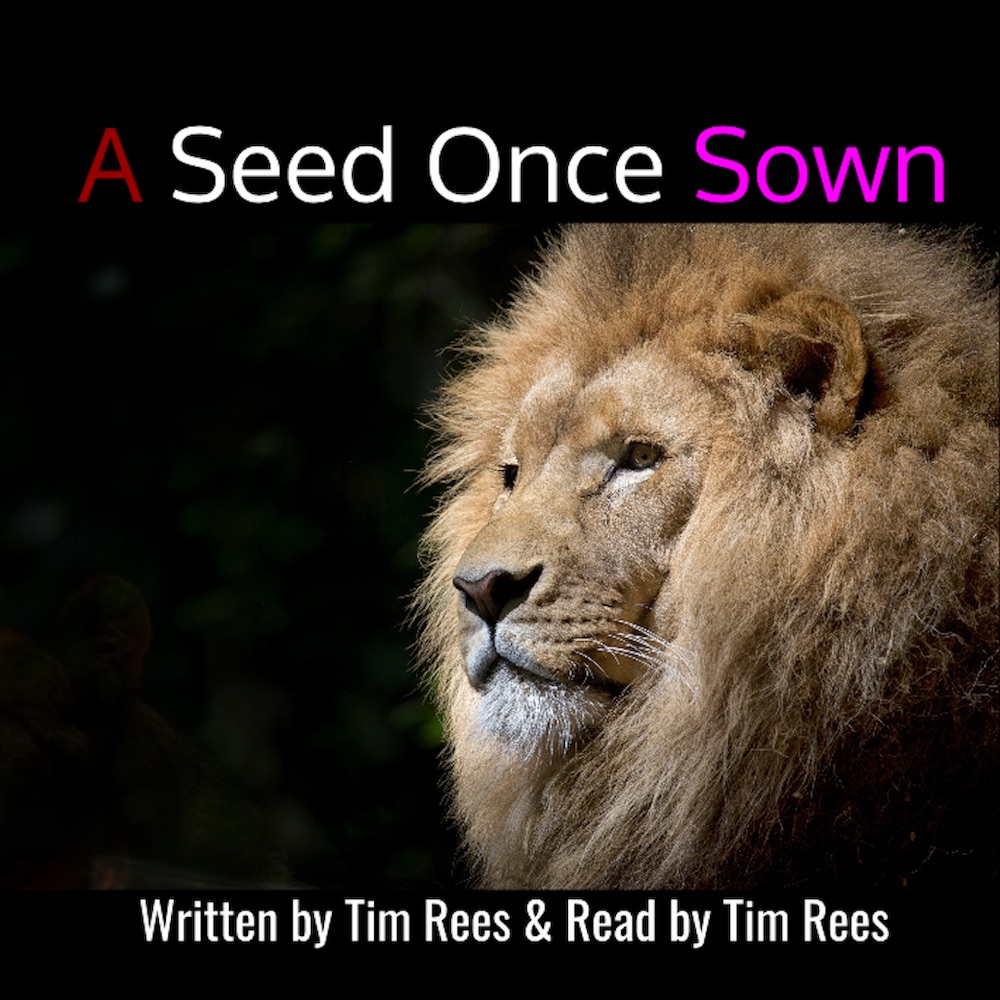“Are biases and unfair or untruthful representations of political, social or personal issues a problem in novels? How does a novelist balance bias?”
The above questions dropped into my email box from a reader of this website.
They’re good questions.
Speaking for myself, when I sit down to write a novel there is a particular reason I am embarking on the journey of the story and that is that I want to say something about a point of view I have or a perspective I want to introduce to the reader; a perspective I feel hasn’t been exposed to the world or has been overlooked by the world.

So, the storyline is created with bias right from the start because the story has purpose in much the same way as a campaigner sets out on campaign to deliver a point of view or an opinion.
Then the novelist introduces characters to the storyline. The protagonist(s) will generally represent the author’s perspective, whilst the antagonist(s) will oppose that perspective. This is where writing a novel gets very interesting for me because the characters come to life and will quickly become their own individuals. And this is where it becomes difficult to understand for readers/viewers/listeners who aren’t storytellers themselves.
How it works for me is that, as the author, I stand back and allow the characters free rein. When characters interact in my imagination, things happen. Often a protagonist will say something I, as the author, don’t agree with and I must respect their free speech. Strangely, I may find myself agreeing with the antagonist in a conversation, but I always remind myself I am the observer and I just write down what happens and what is said. As long as the storyline remains true to my message, I want the story to play out naturally.
You see, we are all biased; we all take different viewpoints and in life we are all playing out a narrative. I want my novels to reflect real life and in real life people disagree. I will spend a lot of time researching (reading and listening to) opposing viewpoints so my characters are well informed and then it’s over to them.

The great thing about being a novelist is I get to set the stage and to a point, control the narrative. But I can never control the players (characters) in the story as they are (or become) individuals.
The questioner uses terms such as ‘unfair’ and ‘untruthful’. Well the answer is obvious I would have thought. Everyone expresses his or her perspective of what is truthful and opposing parties will claim the other side is being unfair. These are facets that lie at the heart of human conflict
My own personal quote on truth is: “The truth lies in every perspective.” Think about that. As a metaphor I will add: we can all stand in a circle observing the same object, yet due to reflections of light we will all describe something different. They will be minor differences, but our perspective will change according to where we stand.
Another metaphor could be a diamond slowly turning in a beam of light that is moving. As the diamond revolves, the facets flicker and we will never see the same facet in the same light again. Imagine each facet is reflecting truth.
For me that is very much like writing a novel. No two authors can write the same novel and I can’t write the same novel twice.
The reason is that things change and change is life. Real-life relies upon change and with change we grow.
And we all grow from being exposed to new perspectives. I feel it is the duty of writers and artists to offer different perspectives.
I repeat: “The truth lies in every perspective.” And the word ‘lies’ stands up as a double-entendre.
Leave a Reply
You must be logged in to post a comment.